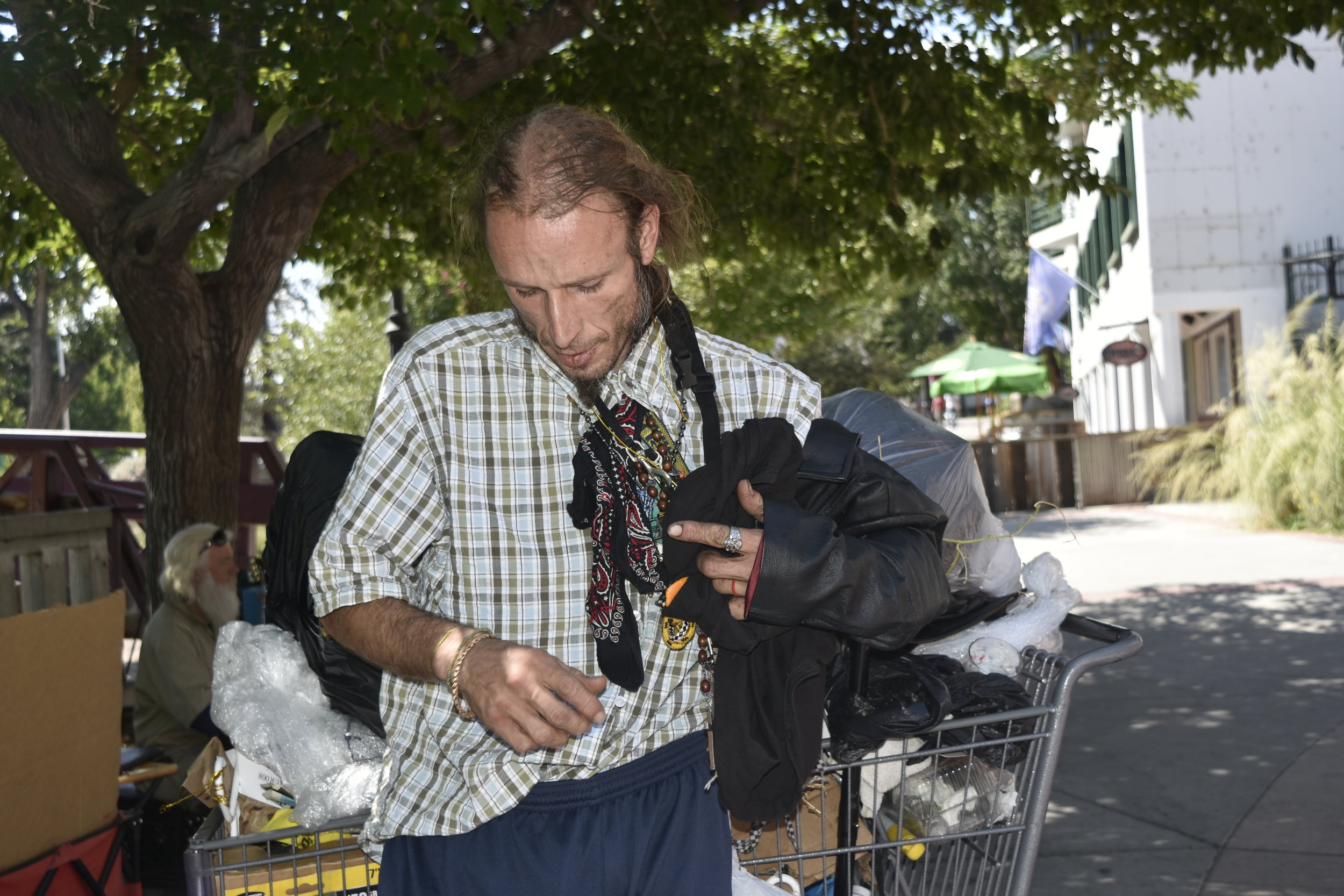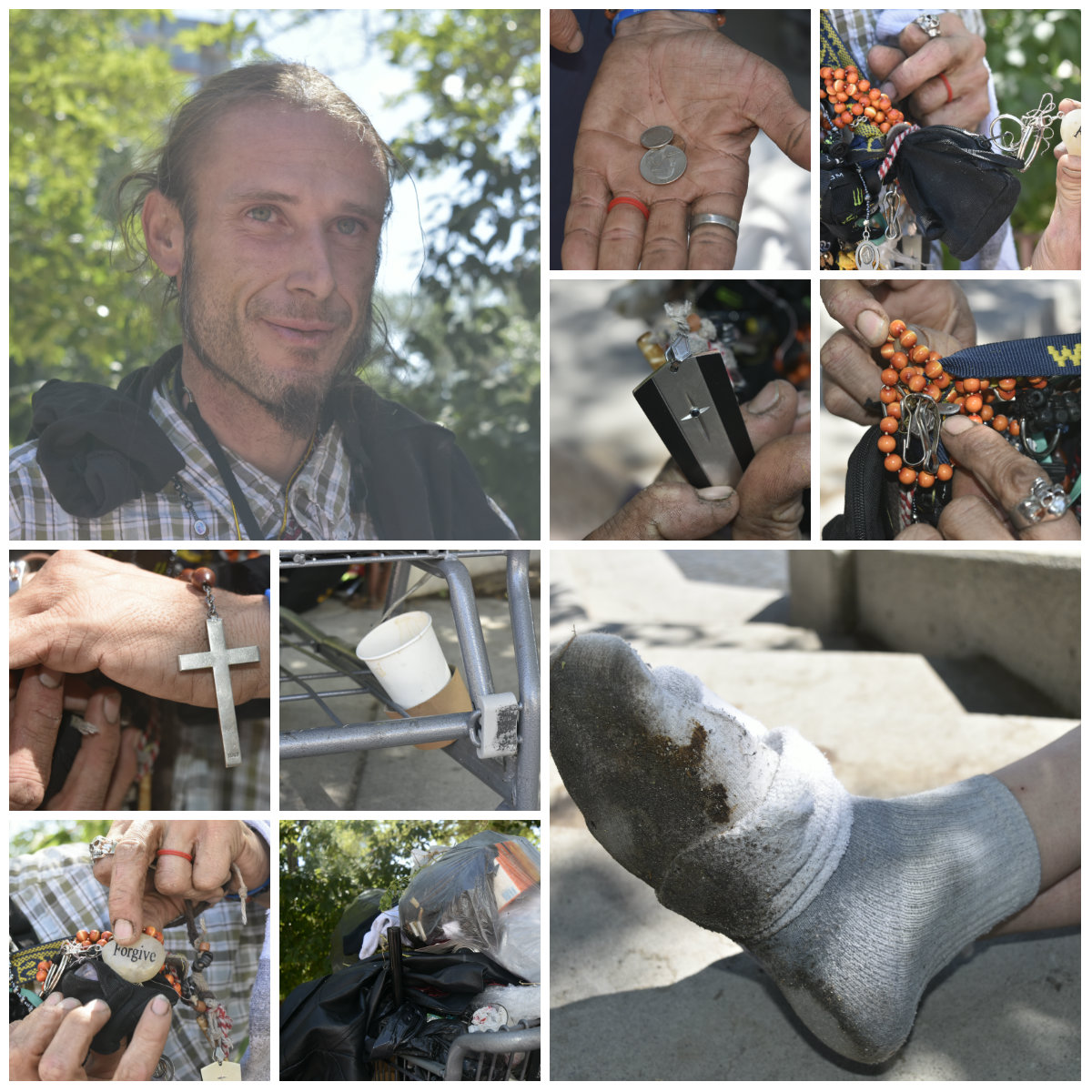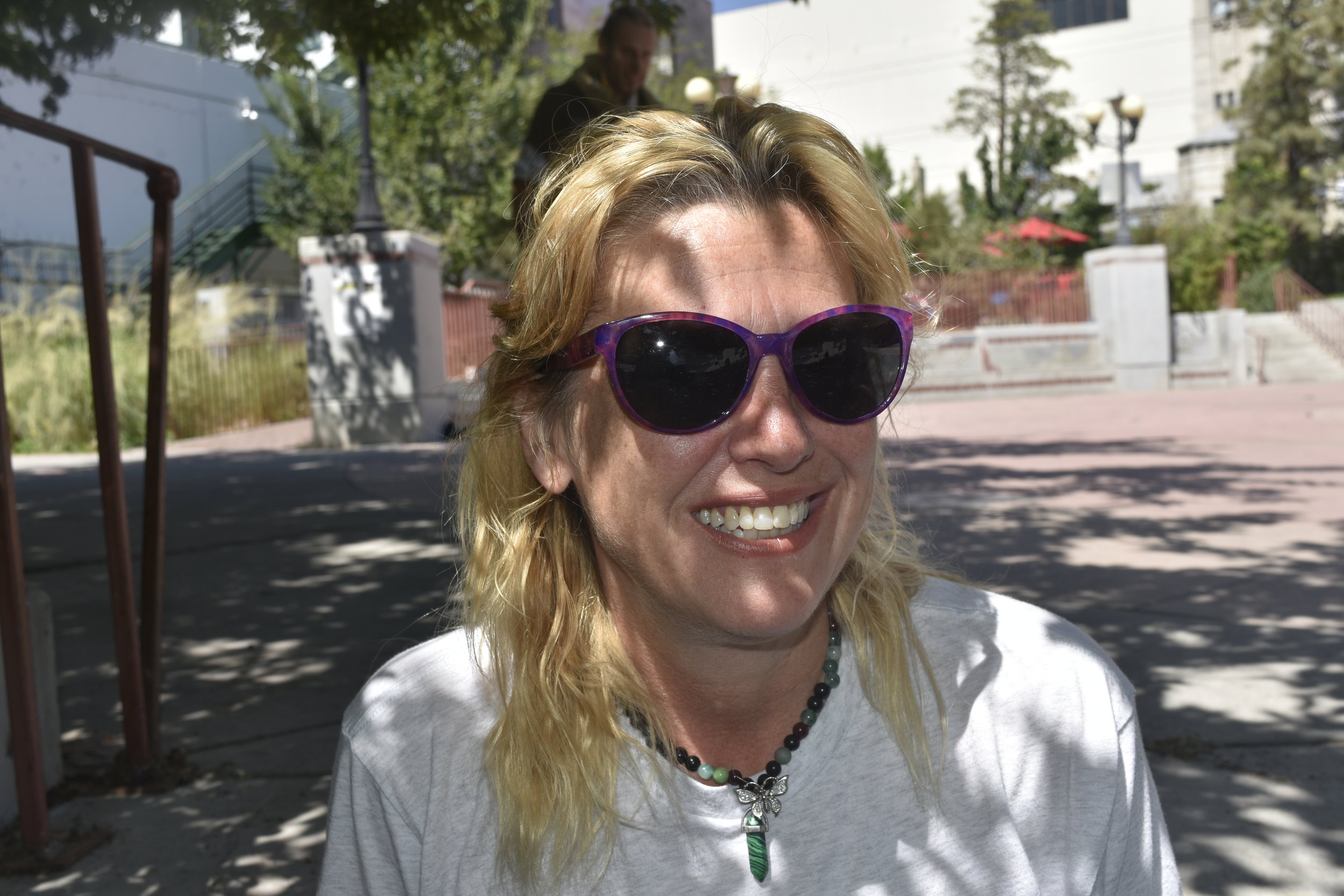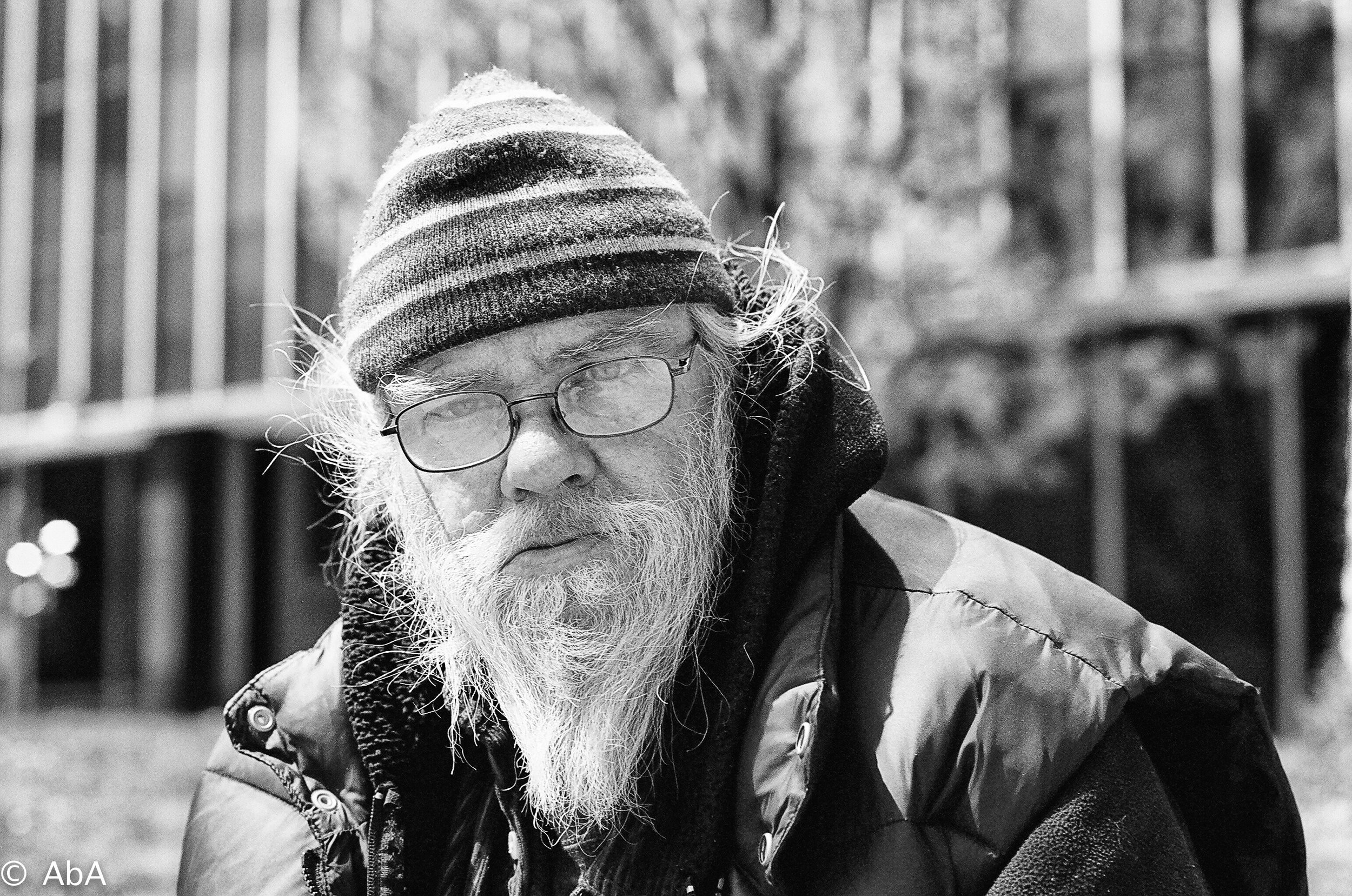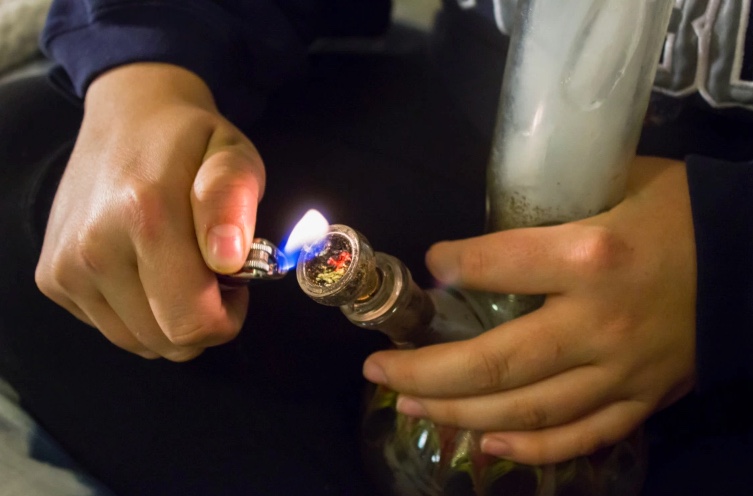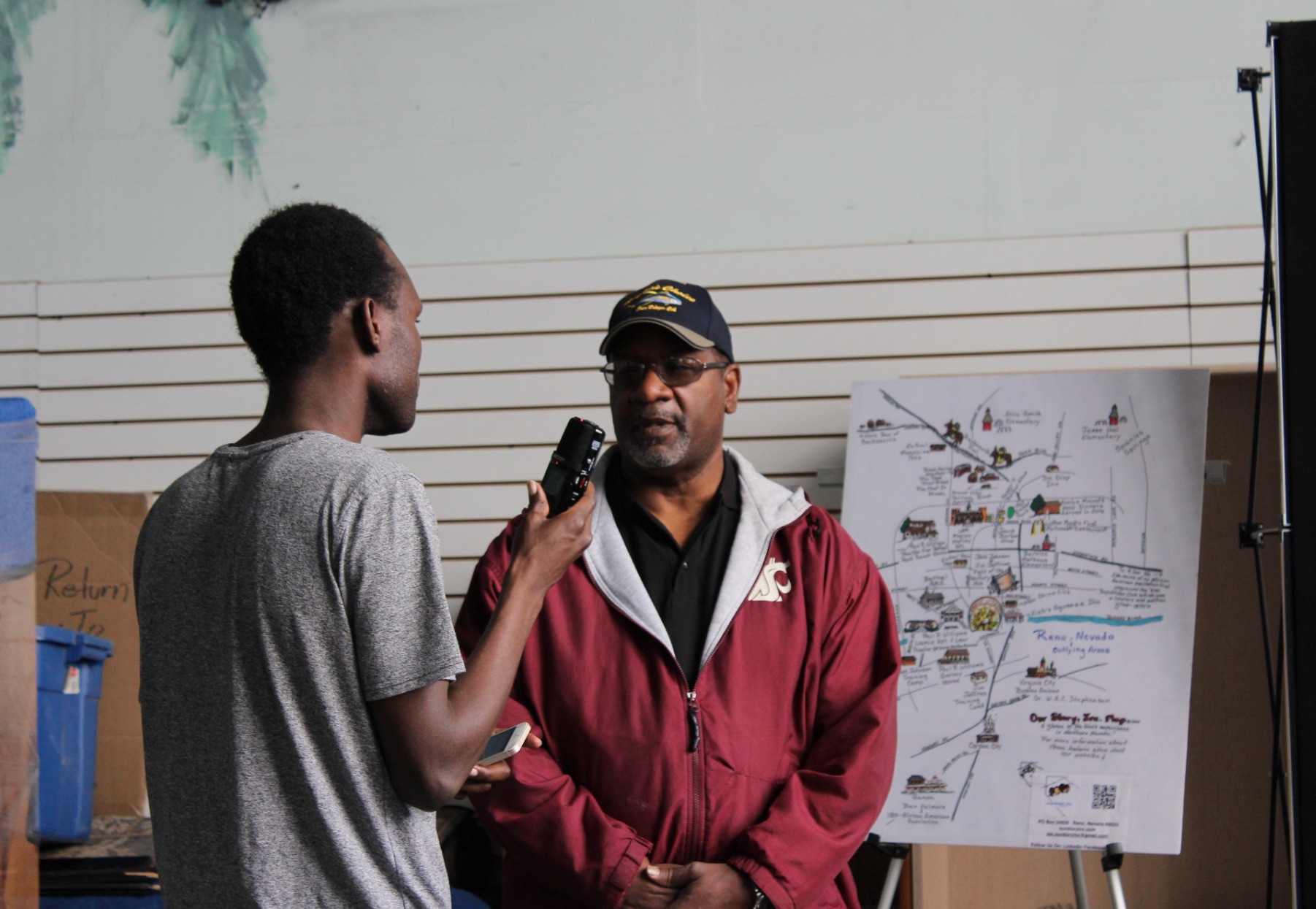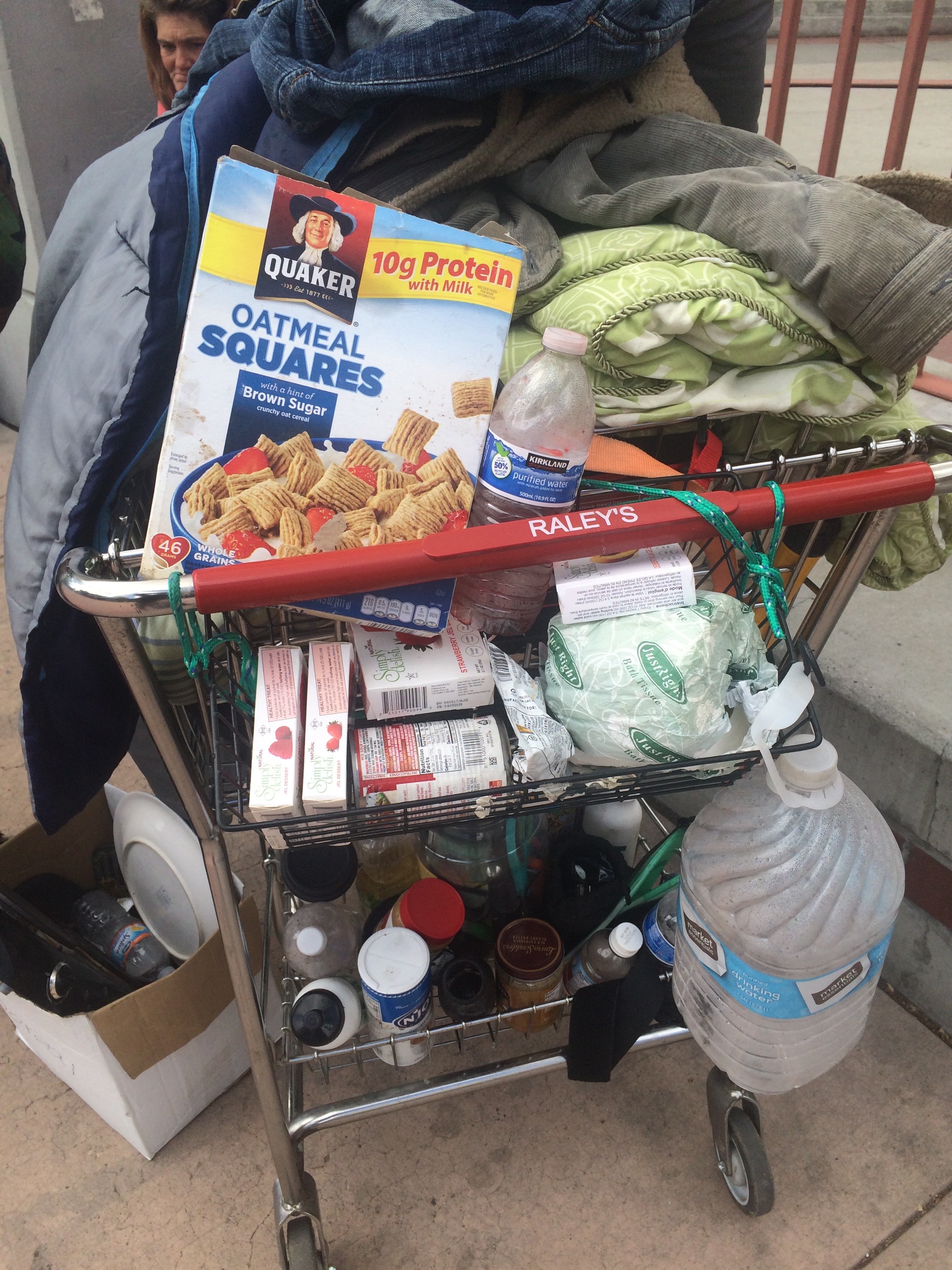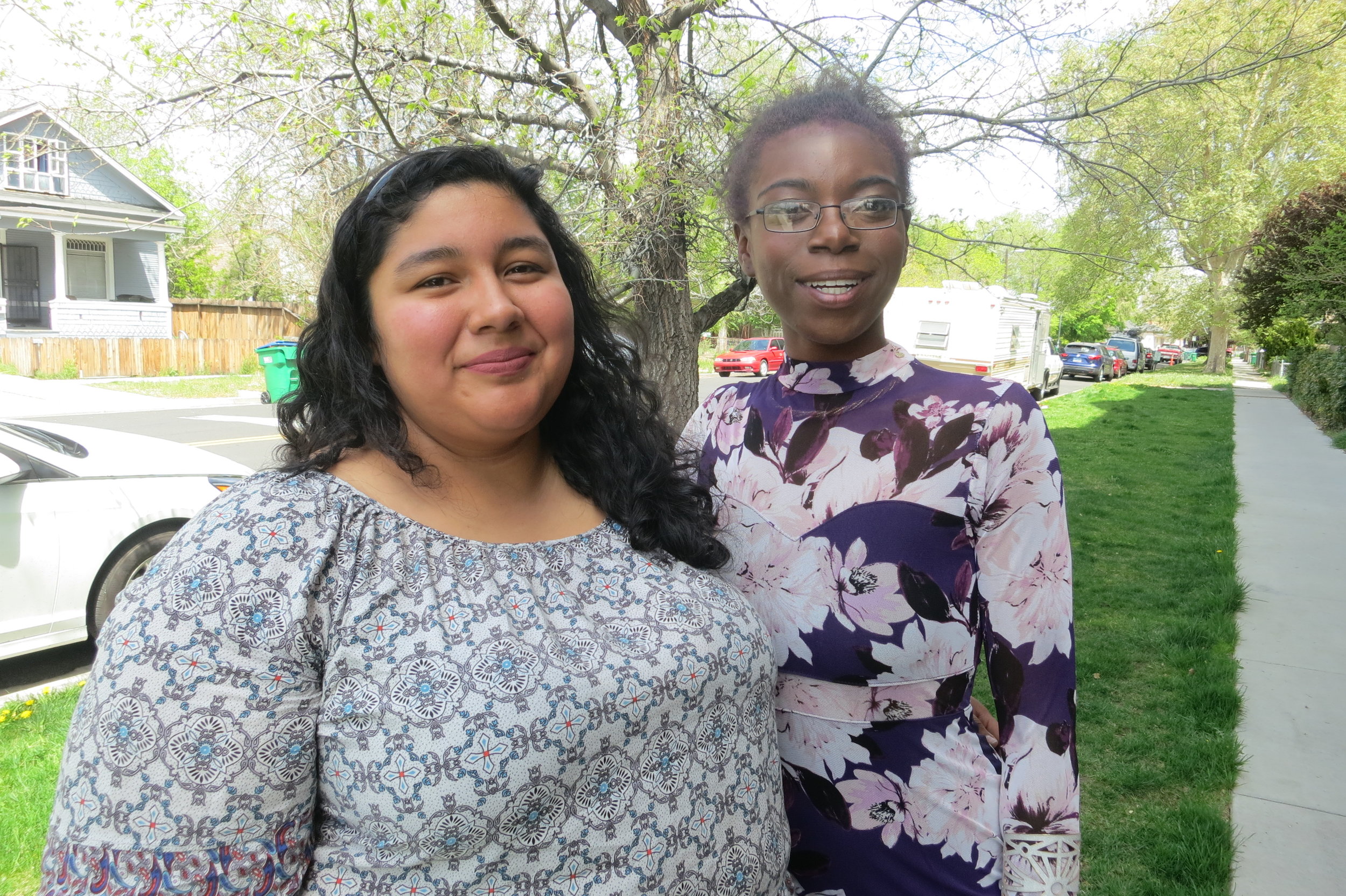From the Streets at 17 to Low Paying Jobs to the Bush and Trash Cans
Caleb sleeps in the “bush,” he says. What about the main shelter on Record street? “Oh, I love that place. It's great. If you want to get near threatened to death and almost in a fight …. or robbed then yeah, it's awesome. But the meals are fantastic. Top notch and that's not a joke or any sarcasm on that last part.”
He also finds food scavenging through trash cans. “I eat when I'm hungry,” he said when we met him by the Truckee River on a recent balmy fall day. “There's plenty out of the trashcan.”
Caleb recycles cans he finds for money and stores in his grocery cart, but says it pays less and less to be an aluminum collector. He’s worked different jobs in recent years, as a driver for Circus Circus, or for pizza and sandwich places in downtown Reno, but with nearly a quarter century surviving without stable housing, he says he’s getting used to getting by with less and less income.
Caleb says he first started living on the streets full time when he was 17 and that he’s now nearly 40. He’s had long term relationships, and heartbreak, he says, which caused major detours in his life, but that he’s never married. His mom lives on the East Coast but at his age, he says, he doesn’t see himself living with her.
Caleb says he stays away from hard drugs but enjoys his cigarettes. “I've taken nicotine occasionally when I'm stressed mostly. But it's actually a great anti-hunger thing that I learned about. Like if you're starving and you smoke a cigarette and now you feel sick because you just smoked a cigarette, so now you're not as hungry. It also keeps you warm in the winter.” Reporting by Prince Nesta and photo by Jordan Blevins for Our Town Reno.
Dealing with Mental Health Issues and Violence
“Mental issues run in the family, but I don't deal with them,” Caleb said when asked about rampant undiagnosed or untreated mental health issues among those living on the streets. “They're not my problems,” he added.
“I mean possibly, but have I been diagnosed? I self-diagnosed myself with ADHD, but I don't know if it's a misdiagnosis. I have OCD. I came up with three new forms of obsessive compulsive disorder. I don't deal with it, but just when I'm stressed out. Yeah... Like when people ask me for things that I don't have readily accessible, I take about as long as I can to try to get them to realize that their urgency is not my emergency. That's what's up. I've been in town since 1992. I'm almost 40. I can't live any other way.”
What about violence on the streets?
“I was beat up a few times, but you know, it's neither here nor there. People saw it happen … and just sort of walked on about their business. I'm pretty sure they're around this area at some point. I know there was an older couple. They heard me hoot and holler and somebody was actually on top of me, looking like they were trying to have sex with me … That was some years back. We won't talk about that. Yeah, there was no police report. Don't worry about that.”
“Keep faith it only gets better,” he told us as we finished our interview. Photos by Jordan Blevins for Our Town Reno of some of Caleb’s many possessions he moves around in his shopping cart.
Is Reno a Friendly Town?
“It's supposed to be like a friendly town, but I don't know. I haven't seen a lot of people get down on like, ‘Hey, How are you? Oh, good to see you!’ But there are a few that will look out for the other people that are in the same situation I am…. especially as far as giving food and sharing food. “
As left to go scavenge in a nearby trash can, another man came up to us to give his views on Caleb.
"He's the most sane, crazy person I've ever met,” the man said. “He's like very practical, insane, very chilled like normal OCD and stuff like stacking rocks. He picks up all the trash, in this whole area. I really appreciate that. And I love you Caleb. I just met this guy Caleb today and he's my brother,” the man said.
